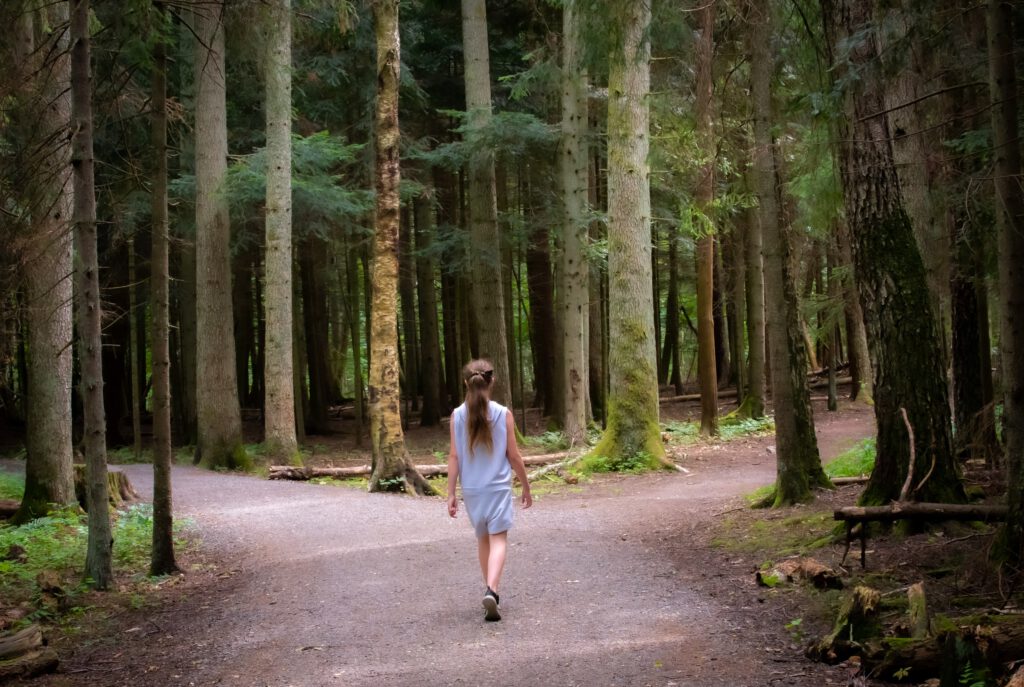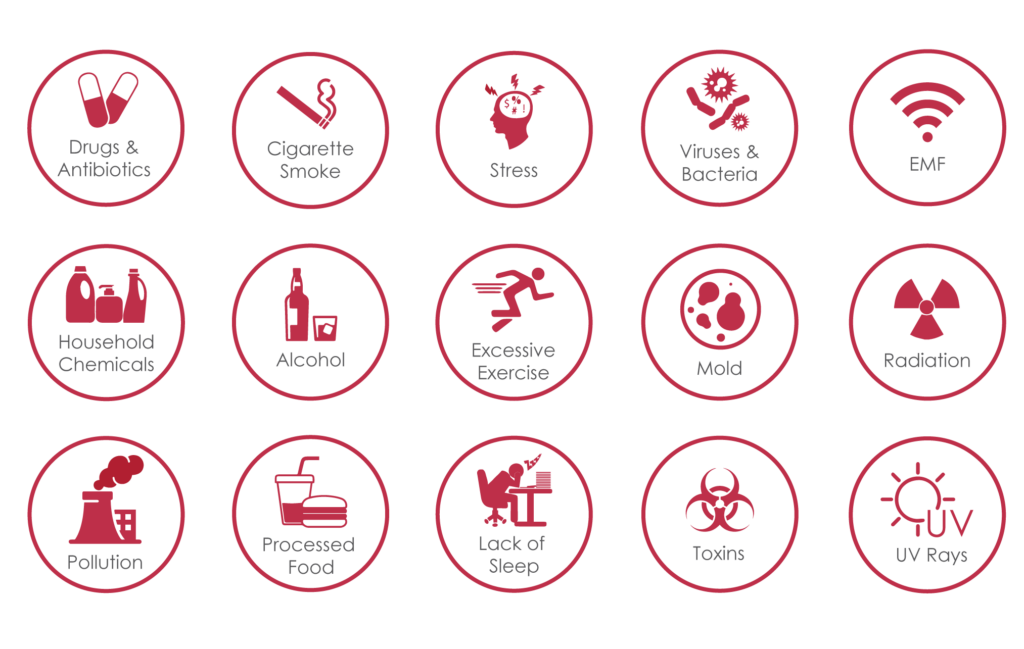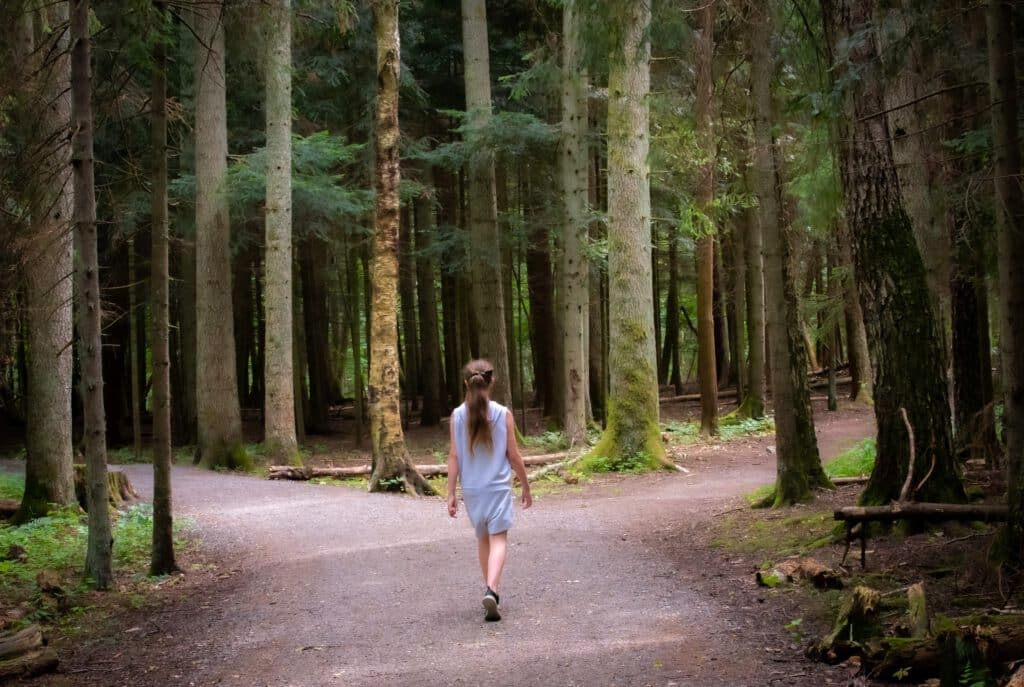Psilocybin therapy
Psychedelic therapy is therapy in combination with a psychedelic session and has several names. The name often refers to the psychedelic substance. We usually use psilocybin from truffles and that is why it is also called psilocybin therapy or truffle therapy. Psychedelic therapy in combination with healthy lifestyle coaching, what we call trip therapy, is the most effective way to treat psychological and psychosomatic complaints, because it goes beyond the conscious layers of the brain.
Read more about psychedelic therapy via trip therapy
Not ready for psychedelic therapy yet?
The psychedelic session of trip therapy is so frightening for some potential clients that they first look for alternatives that are less confrontational and go a little less in depth. We write this blog for those who do not yet want or dare to take the step towards psychedelic therapy.

Similar effect of psychedelic therapy
Psychedelic therapy mainly works well because the subconscious and conscious brain connect with each other. Psychedelics do this by imitating the substances and thus the brain processes that are also active during sleeping and dreaming. Psychedelic sessions are like dreaming while you are awake and dreams in your sleep are hallucinations that you often forget. An additional advantage of psychedelics (natural or administered) is that they reduce stress while stimulating brain cells to recover and allow new connections to be formed. Alternatives to psychedelic therapy should therefore trigger similar processes. Here are our top 3 alternatives to psychedelic therapy.
3: Hypnotherapy
Hypnotherapy uses the trance state. This trance state, like psychedelic therapy, has comparisons to the dream state and that is precisely what makes hypnotherapy effective. The connection with the subconscious is made. The advantage and disadvantage of hypnotherapy is that the client has too much control and therefore it does not work for everyone. For more explanation see this video.
2: Breathing therapy
In respiratory therapy, the stress stimulus is reduced through breathing. Reducing stress, which is chemically regulated by cortisol and adrenaline, among other things, removes the blockage in the body's recovery. Less stress contributes to lowering inflammation levels in the body and therefore also increasing both psychological and physical complaints. In particular, breathing techniques that resemble breathing during our sleep provide even better results. This meditative breathing appears to increase our body's own psychedelics (which are also released during sleep).
1: EMDR
With EMDR, Rapid Eye Movement imitates REM sleep. This technique also provides a connection with the subconscious where the trauma is stored. EMDR also involves a small amount of the body's own psychedelics that you can dream/hallucinate and thus access and change the subconscious.
Holistic approach
Health goes beyond just psyche. There is no difference between physical and mental complaints as one always influences the other. Therefore, never only choose an approach aimed at a specific part of your body. Outside of the top three alternatives, you can speed up psychological recovery by doing everything right. Eat healthy, exercise, make social connections, get some sunlight and supplement with supplements where necessary.

Ready for psychedelic therapy?
As you have read, the connection with the subconscious is the key factor to success in alternative therapies. Hypnotherapy, EMDR and breathing therapy (meditation) all rely on the body's own psychedelics (neurotransmitters). The body's own psychedelics can do a lot, but the concentration and duration can never be as high as what we do in psychedelic therapy. This is why psychedelic therapy is seen as the superlative of EMDR, hypnotherapy and breathing therapy.
Do you want to first try EMDR, hypnotherapy or breathing therapy or do you immediately opt for the most comprehensive and intense approach?

